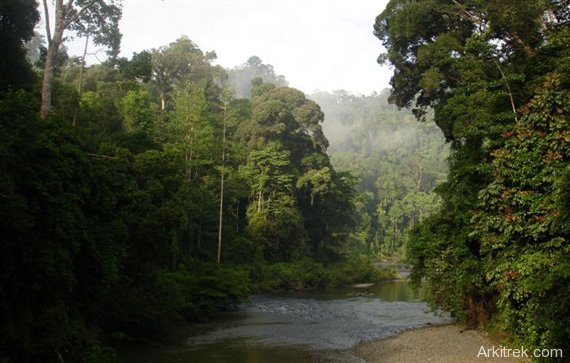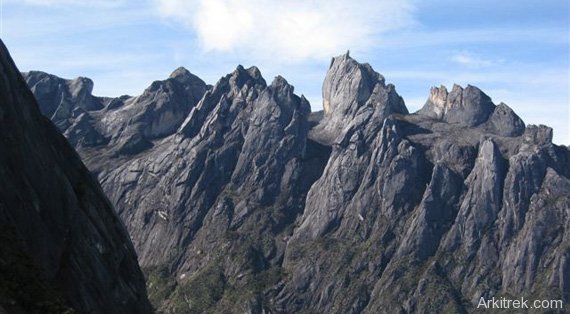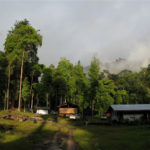Blessed Unrest
I have recently read Blessed Unrest in which the author Paul Hawken suggests that a network of ground-up activists, NGO’s and Non-profits has created the largest social movement in history. In addressing three big issues of environment, social justice and indigenous cultures; Hawken asserts that this movement is “restoring grace, justice and beauty to the world”.
I immediately recognised that I was a part of this movement and found that the book offers an optimistic assessment of the diversity and usefulness of all involved. The book has also helped me to think about my committment to environmental causes and what motivates me.
For example; I am often distracted by the question of how hard should an activist push their own agenda? If I don’t push hard enough then I question my committment and if I go too far then perhaps my motivation is misguided.
In a fantasy scenario I am in debate with a senior politician in which he challenges my criticism of State logging practices as being anti-government and anti-economic development.
The scenario is complicated because on the one hand the politician is approving logging contracts and on the other hand he is supporting conservation initiatives. How do I justify speaking out on the one hand when this may jeopardise fragile cooperation on the other?
My validation when faced by the fantastic politician is that we must play the same two sided tactic as he. We must try to work from within when given the opportunity, but must also continue to argue for change from the outside. Awareness of environmental issues is increasing but this is slow to translate into action.
I think that every campaigning NGO must have this debate and the balance will be determined by their vested interests, moral values and motivation.
One reason for questioning my own motivation is that although it feels selfless, I have to consider the possibility that it is selfish. In other words; perhaps I have vested interests?
I am intending to make a career out of environment related work, yet my environmentalism could be damaging to some of the partnerships that I have built to try to sustain this career. This feels selfless. On the other hand perhaps the environmentalism will give me credibility in the eyes of the people with whom I want to work?
The feeling of selfishness is deepened because of my love for wild places. Wilderness has shaped who I am and so maybe my urge to campaign for protection of wild places is a selfish drive to protect what has value to me?
I used the word ‘value’ in an emotional sense but of course this also has moral connotations. Blessed Unrest helps to articulate the moral justification of campaigning for environmental protection. I hesitate to proclaim my moral certainty for this is akin to self-righteousness, a tendency for which activists are often criticised, but without it our actions have no legitimacy.
I couldn’t come out and say this until now because I was never quite sure that I could convincingly answer a challenge such as; ‘why are we spending millions on the welfare of wildlife when there are humans suffering greater inequity?’
Paul Hawken elegantly disarms this critique by pointing out that “In most indigenous cultures there are no separate social and environmental movements because the two were never disaggregated”. They are mutually dependent.
To help understand why some people are motivated to join these campaigns, the book presents a metaphor of the rise of the social movement as an immune response. “The movement is that part of humanity that has assumed the task of protecting and healing itself”.
In this light my conflicting feelings of selfishness and selflessness begin to make sense. But how do you claim that you’re saving the world without making a Gordon Brown-like gaff?
Again Hawken explains, “The movement is not burdened with the syndrome of trying to save the world; it is trying to re-make the world”. Using the immune analogy; an immune network (as opposed to an immune system) depends for its function “not on its firepower but on the quality of its connectedness”. Lots of people and organisations all doing their little thing may be able to alter how we value our environment due to the breadth of their connectivity.
In reading this blog you are participating.
I writing this post I reach the obvious conclusion that it is my values which motivate and inspire me. In doing so I align myself with a network of people who understand, as Hawken does, that “what makes life worthwhile and enables civilisations to endure are things which have poor returns commercially”.
My list would include things like: mountains, intact ecosystems, personal relationships, art galleries and badgers.
The movement that Hawken describes is accessible to everyone because it is based on actions and values, not ideology or belief. These characteristics can be fitted to religious or political ideologies but are not dependent on them.
The unifying theme is of a reaction to the limitations (even the threat) of economic models and government policies that discount intangible monetary value or benefits that accrue a long time in the future
As I’m now in a crystal waving, earth custodian frame of speech, I’ll finish by saying that I agree with John Muir that time spent in wilderness areas, in contemplation of nature, intensifies the awareness of the interconnectedness of all things and brings a better appreciation of our place in time.
The self-awareness of the movement described in Blessed Unrest is potentially the best thing about the book
Related posts








